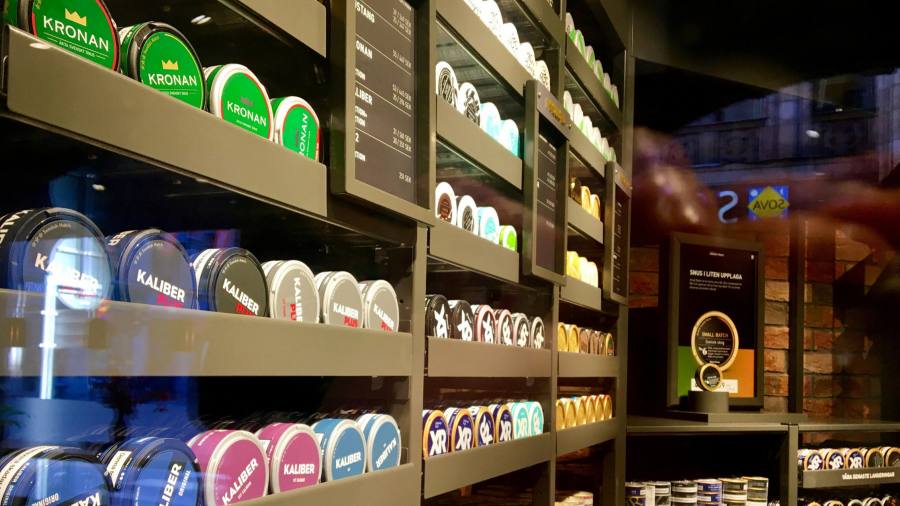
No smoke without fire. That might not always be the case when it comes to Elliott Management’s campaigns. But the activist’s efforts to spark a higher price in Philip Morris International’s pursuit of Swedish Match are justified and might just succeed.
A lack of fumes is exactly the appeal of Swedish Match. The Stockholm- headquartered group is the largest supplier of orally consumed tobacco and nicotine products in the US. Deemed less damaging to health than traditional cigarettes, the segment is fast growing and carries lower regulatory risk. PMI wants to expand sales of such lower-risk products to half of total by 2025. However, to make Swedish Match part of those ambitions, it will need to cough up more cash.
Elliott has been building a position in the group, last reported at 7.25 per cent at the end of September, according to watchdog Finansinspektionen. Others have also voiced opposition to the deal, which requires the support of 90 per cent of shareholders under existing proposals. These expire on November 4. Philip Morris can lower its acceptance threshold, or raise its offer, until October 21.
Shares currently trading near SKr110 already top the offer price of SKr106, a 45 per cent premium to the three-month average. Yet a bigger bump may be needed to get the deal fully over the line. How much more? At the very least, enough to reflect the stronger dollar since May, given the bulk of earnings are US-based. That moves the takeover price to SKr118.
Hidden worth from the combination lies in the potential for more effective distribution of PMI’s own smoke-free IQOS product in the US, where Swedish Match has a strong advantage.
Swedish regulation means maximising that relationship will be difficult without full ownership for PMI. That presents a conundrum for Elliott and other arbitrageurs. Accept the probable price bump, even if it falls short of expectations, or risk stubbing out the takeover altogether, ensuring steep losses on recently acquired shares. The former looks the more likely.
Lex recommends the FT’s Due Diligence newsletter, a curated briefing on the world of mergers and acquisitions. Click here to sign up.